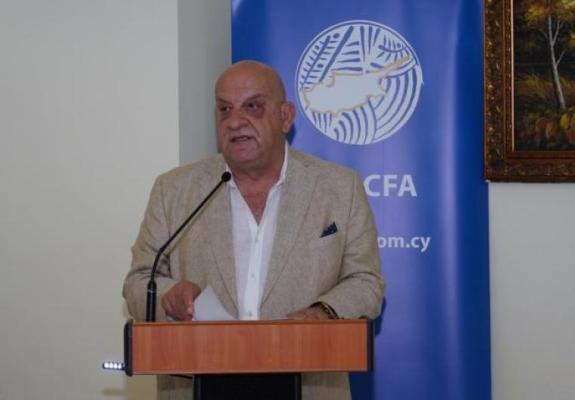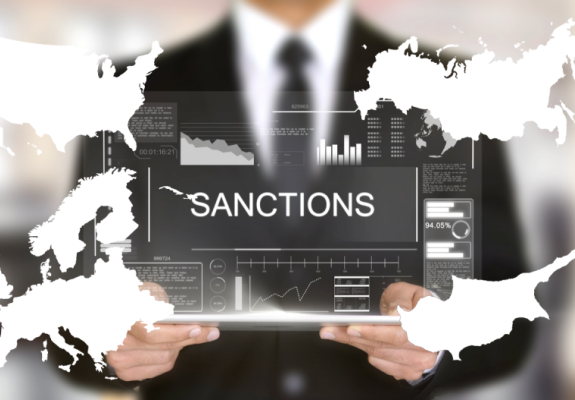Future Needs for Professionals in the Fields of Energy Efficiency and Renewable Energy Sources
The European Union (EU) has set ambitious targets for energy efficiency and renewable energy use, aiming to reduce greenhouse gas emissions by at least 55% (compared to 1990) by 2030. These ambitions are reflected in the revised Directive (EU) 2023/1791 on energy efficiency, the Directive (EU) 2024/1275 on the energy performance of buildings and the amending Directive (EU) 2023/2413 on the promotion of energy from renewable sources (RED III). All three Directives highlight the crucial role of professionals with expertise in energy efficiency and renewable energy in achieving the EU's target. Certain provisions are expected to drive demand for certified professionals with the necessary level of competences (according to Article 28 of the Energy Efficiency Directive), both in the short and long term, depending on their nature and implementation timeline.
The Energy Efficiency Directive includes a provision for annual renovation of buildings owned by public bodies to be transformed into at least nearly zero-energy buildings or zero-emission buildings. This is expected to drive demand for Energy Auditors to conduct energy audits and Energy Service Companies (ESCOs) to implement energy efficiency improvements. Furthermore, the purchase of energy services from Energy Service Companies is encouraged through measures such as the use of Energy Performance Contracts (EPCs) for large public building renovations (where technically and economically feasible) and easy access to targeted information by small and medium-sized enterprises (SMEs). Given the currently limited presence of Energy Service Providers in Cyprus, encouraging their operation is considered necessary. In addition, the Directive mandates the implementation of an energy management system by enterprises with an average annual energy consumption exceeding 85 TJ (≈23.600 MWh). Enterprises with an average annual energy consumption exceeding 10 TJ (≈2.800 MWh) and not implementing an energy management system are required to conduct an energy audit at least every three years. These provisions confirm the growing demand for Energy Auditors specialising in buildings, industrial installations, and transport. In parallel, the demand for Energy Managers is expected to increase as they take on leading roles in the implementation of energy management systems within their organisations.
The Energy Performance of Buildings Directive introduces new requirements for certifying the energy performance of buildings, the introduction of renovation passports, and the assessment of smart readiness. These provisions are expected to increase demand for independent experts such as Experts qualified to issue Energy Performance Certificates for buildings. Simultaneously, new requirements are placed on the competences of independent experts and the range of services they can offer. Regular inspections of accessible parts of heating, ventilation and air conditioning systems with a rated useful output of more than 70 kW are required, with a minimum inspection frequency every three years for systems with a rated useful output exceeding 290 kW. This will increase the need for heating and air conditioning system Inspectors. Additionally, provisions for replacing and upgrading existing technical building systems with more energy efficient alternatives, along with the use of energy-saving technologies, proper installation, sizing, regulation, and control, are expected to increase demand for Installers of such technical building systems, while also placing high demands on their skillset.
The amending Directive on the promotion of renewable energy sources (RES) requires Member States to adopt measures and/or support schemes aimed at increasing the share of RES in the building stock. This includes electricity and heating/cooling energy from renewable sources produced on-site or nearby, as well as from the grid, self-consumption, renewable energy communities, local energy storage, smart recharging, bi-directional recharging, flexibility services such as demand response, and energy efficiency improvements through cogeneration and major renovations. Such national measures are expected to drive interest in the certification of new RES system Installers and their participation in support schemes, as has been observed with existing support schemes for the installation of PV systems. The quantitative requirements for increasing the share of renewable energy in the heating and cooling sector emphasise the growing demand for both RES system Installers and Installers of technical building heating, air conditioning and hot water production systems.
In Cyprus, the legislation regulating the professional qualifications mentioned above includes the Energy End-Use Efficiency and Energy Services Laws (covering Energy Auditors, Energy Service Providers, Energy Managers), the Energy Performance of Buildings Regulation Laws (covering Experts qualified to issue Energy Performance Certificates for buildings, heating and air-conditioning system Inspectors of and Installers of technical building systems) and the Law on the Promotion and Encouragement of the Use of Renewable Energy Sources (covering Installers of small-scale RES systems with a rated power not exceeding 30 kW).
For each professional qualification, the legislation sets out the criteria and procedure for obtaining a licence or registration, as well as the obligations for the qualification holder to maintain their licence or registration.The Energy Service, under the Ministry of Energy, Trade and Industry is the Competent Authority responsible for approving applicants who meet the qualifications and criteria outlined in the legislation. The registers of certified professionals are accessible to the public through the Energy Service’s website, as well as through the Ministry of Energy's digital one-stop shop for RES.
The existence of a sufficient number of certified professionals in the fields of energy efficiency and RES in Cyprus, along with the continuous upgrading of their competences, is crucial for the effective implementation of the requirements of the new Directives and, by extension, for achieving the national and EU targets for energy efficiency and decarbonisation.
Dr Anna Artemi, Energy Policy Expert, ideopsis Ltd







